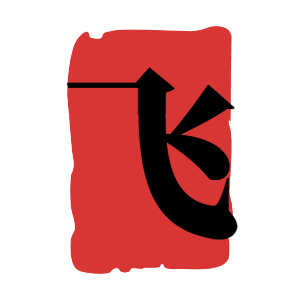和面放点小苏打粉,口感更松软,做出来的面食更好吃!
在和面的时候加入适量的小苏打粉,确实能显著提升面食的口感,使其更加松软,吃起来也更加美味。小苏打,化学名为碳酸氢钠,是一种常见的食品添加剂,它遇酸会释放二氧化碳气体。在面团中,小苏打可以与面粉中的酸性物质(如醋、柠檬汁或某些酵母发酵产生的酸)发生反应,产生大量的二氧化碳气泡。
这些气泡在面团内部形成无数个小孔,使得做出来的面食体积膨胀,结构变得蓬松、轻盈。同时,二氧化碳气体的释放还能使面团的质地变得更加柔软,不易过硬或发粘。对于制作馒头、包子、蛋糕、饼干等面食来说,适量添加小苏打能够有效改善口感,增加风味层次,让人吃起来更加愉悦。
当然,需要注意的是,小苏打的用量要恰到好处。如果添加过多,可能会导致面食口感变得过酸或产生碱味,影响整体风味。因此,在添加小苏打之前,最好先了解清楚面食的种类和所需的用量,根据实际情况进行调整。通过合理使用小苏打,我们可以轻松制作出更加松软可口的面食,为家人带来更美好的味蕾体验。

